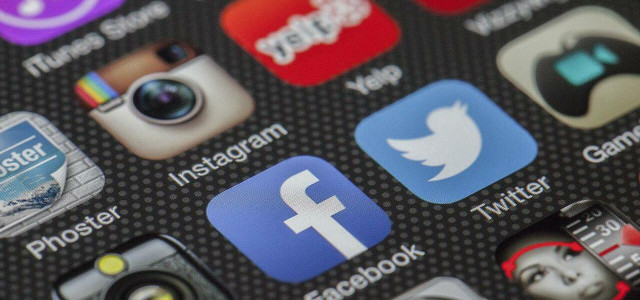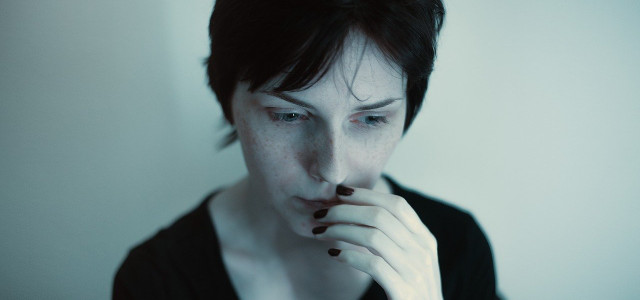Learn about the top 10 negative effects of social media to protect yourself and your family. You’ll also find tips on how to manage the effects if you have already been impacted.
Social media has become a part of daily life for many of us, and young people in particular. Research indicates that 97% of youths aged between thirteen and seventeen use at least one major social media platform. Almost half of these teenagers say they are online almost constantly.
Given the widespread use of social media, it’s important to consider the effects it may have. While there are some positives, there are also many negative effects of social media use — particularly among young people — including anxiety, depression, reduced sleep quality and emotional disturbances. Using social media more than three times a day has been associated with poor mental health and well-being among young people in particular. On a wider scale, 64% of Americans say that social media has a primarily negative effect on the country today and only one-in-ten associate its use with a positive effect.
Despite the downsides, billions of us are socially networking online every day. A closer look at the top ten negative effects of social media might just help you scroll more safely.
1. Feelings of Loneliness and Isolation
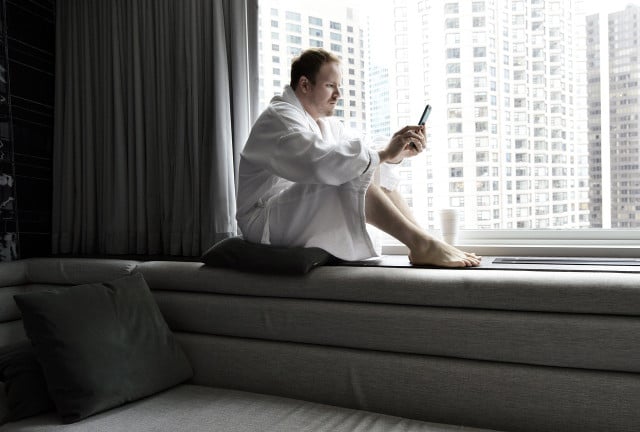
(Foto: CC0 / Pixabay / islandworks)
Social media’s primary purpose is to allow us to connect with other people and expand our networks on a global scale. This is usually the reason many of us join a platform, and yet, research would suggest that increased problematic social media use is associated with an increased feeling of social isolation. People who use social media sites frequently are more likely to feel socially isolated rather than connected.
There are many other ways we can connect with others that are not associated with negative effects. You could learn how to overcome loneliness in the moment through natural and health-promoting techniques. You could also try going to new places or having new experiences, like joining a gym or an evening class. If you live with a furry, four-legged friend, private dog parks can be a great way to meet like-minded animal lovers. If you really do prefer the digital experience, why not try some free online courses or check out some opportunities to volunteer digitally instead of spending pointless hours scrolling.
2. Cyberbullying on Social Media
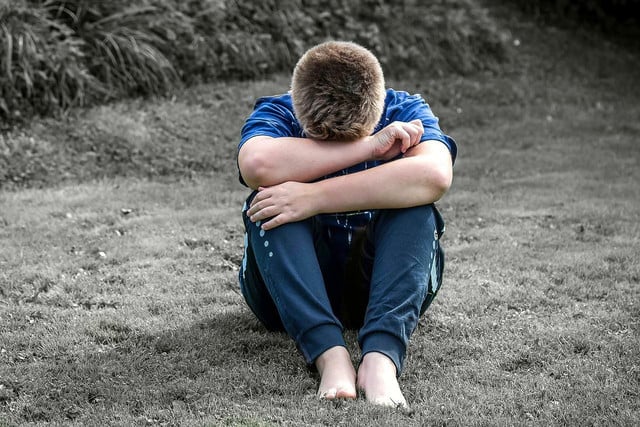


(Foto: CC0 / Pixabay / Myriams-Fotos)
Research shows that 59% of American teens have been bullied or harassed online — and it can happen to adults, too. All states have laws requiring schools to respond to bullying. As cyberbullying has become more prevalent with technology, many states now include cyberbullying specifically, or mention cyberbullying offenses under these laws.
According to Stopbullying.gov, the most common places where cyberbullying occurs are:
- Social Media, such as Facebook, Instagram, Snapchat, and Tik Tok
- Text messaging and messaging apps on mobile or tablet devices
- Instant messaging, direct messaging, and online chatting over the internet
- Online forums, chat rooms, and message boards, such as Reddit
- Online gaming communities
Learning to spot the signs of a toxic person is a good way to protect yourself from inviting potential bullies into your life. If you or a loved one are being cyberbullied, the Cybersmile Foundation is a multi-award-winning organization that can help. This nonprofit organization promotes digital wellbeing by tackling bullying and abuse online.
3. Social Media Can Lead to Addiction
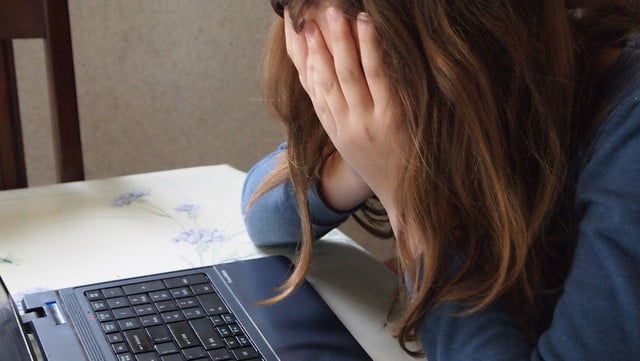


(Foto: CC0 / Pixabay / FotoRieth)
Any addiction can result in catastrophic trauma for both the addict and those they love. Addiction is a very serious negative effect of social media and is described as a behavioral addiction that resembles other common addictions — like drugs, alcohol and gambling. People will experience a variety of symptoms that can range from mood swings to an uncontrollable desire to log on to mental health disorders.
Many sufferers devote massive amounts of their lives to online platforms, often to the point that other areas of their life become unmanageable. In 2019, 40% of Americans aged between 18 and 22 that use social media reported feeling addicted to it. Research suggests that internet addiction may actually affect over 210 million users worldwide.
Managing addiction requires professional input and we do not recommend trying to manage a serious addiction alone. The Addiction Center is a good place to find helpful information and support to begin your journey to recovery. You could also investigate activities and strategies that might complement your program — like a dopamine detox or a digital detox you can try at home.
4. FOMO (Fear of Missing Out)



(Foto: CC0 / Pixabay / mahbubhasan2550)
Another negative effect of social media is an emerging disorder you may not have heard of. Fear of missing out — or FOMO — is a rapidly emerging area of research. It develops when someone is afraid that their friends are or will be doing something without including them and can lead to constant checking of news feeds and phycological disturbances.
Research conducted last year shows:
- People who experience high levels of FOMO also report more problematic social media use.
- Age and gender do not seem to influence FOMO development.
- People who showed high FOMO also were more depressed, anxious, and neurotic.
- High FOMO is linked to an increased fear of negative evaluation.
The best way to counteract FOMO is to invest yourself in the emerging trend of JOMO — Joy Of Missing Out. It involves changing your mindset and understanding why you should turn your phone off. It also helps you achieve a better state of psychological health. Check out our top ten productive things to do instead of scrolling through your phone to start turning fear into joy and boost your mental health.
5. Social Media Can Increase Stress



(Foto: CC0 / Pixabay / JESHOOTS-com)
When it comes to the negative effects of social media, stress can be a controversial topic. Research has found that many users feel that social media helps them identify life stressors or helps them to deal with stress itself. For others though, social media appears to be the source of high stress.
Learning how to lower your cortisol is the first step towards reducing stress in your life. Breath manipulation is also a valuable tool. Try the 5-4-3-2-1 method to help acute stress and anxiety and always visit a health professional if you are concerned about your mental health.
Mindfulness-based stress reduction and mindful walking are both effective and scientifically-proven ways to manage stress and balance mental wellbeing. Many other meditation-based techniques might also help. The chakra system is an ancient framework that is ideal for beginners starting any meditation journey.
6. Self-Image and Body-Image Issues Through Social Media
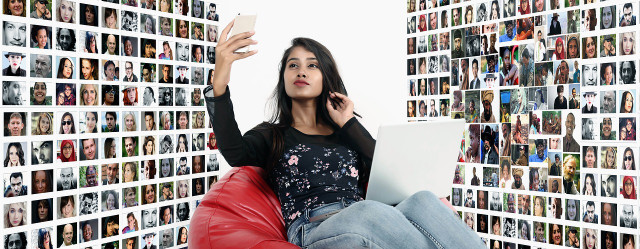


(Foto: CC0 / Pixabay / geralt)
Self-image and body-image issues appear to manifest through social media use in a variety of ways. Increased social media use that involves engaging in appearance-related behaviors and selfies is a known risk factor for body image issues in young people — particularly girls.
Several social media sites provide tools and filters that allow people to alter their appearance and this often leads to people comparing themselves to others. Those who spend most of their time posting and scrolling are more likely to be vulnerable.
Negative self-talk is a fast-track way of exacerbating a negative self-image and is important to manage if its is something you do regularly. Check out our top five steps towards a positive body image for more tips. Engage in some self-care and add a gratitude journal for mindful happiness instead of a damaging view of yourself. Check out our 30 gratitude journal prompts and begin your new view of yourself today.
7. Low Mood & Dissociation
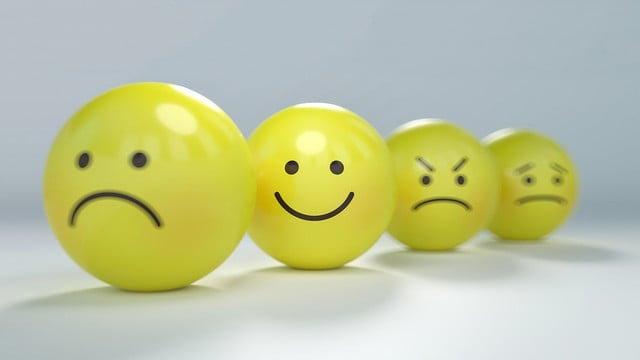


(Foto: CC0 / Pixabay / AbsolutVision)
There is a crucial link between wellbeing and emotions. When emotional well-being is affected by social media engagement and overuse, many people choose to dissociate from the the real world in favor of the online fantasy one instead, according to some research. The very act of scrolling has been linked to entering a dissociative state.
Learn how to beat a bad mood if you are experiencing emotional turbulence. There are many safe and effective ways to get out of your head if you do feel the need to let go for awhile, but prolonged withdrawal from the real world is a major cause for concern. Emotional resilience training is a great step towards emotional stability. Alternatively, you could reach happiness by engaging in healthy ways to increase dopamine naturally. The feel-good hormone will go towards emotional balance and health.
8. Depression Due to High Social Media Usage



(Foto: CC0 / Pixabay / vdnhieu)
Some studies attribute the stark rise in depression and suicide among adolescents to the simultaneous rise in smartphone and digital use among these age groups. Research persistently highlights social media use as a critical risk factor for psychological ill-health. Due to its naturally addictive nature, many are trapped in a depressive online cycle.
You can access many free helplines if you or someone you love are suffering from depression. Like addiction, this disorder should be taken seriously, and professional help may be required. Connecting to the earth is a safe and effective way to boost your mental wellbeing. For example, nature therapy is a great way to feel balanced, and walking barefoot will give you that that added sense of connectedness and stability.
9. Disrupted Sleep
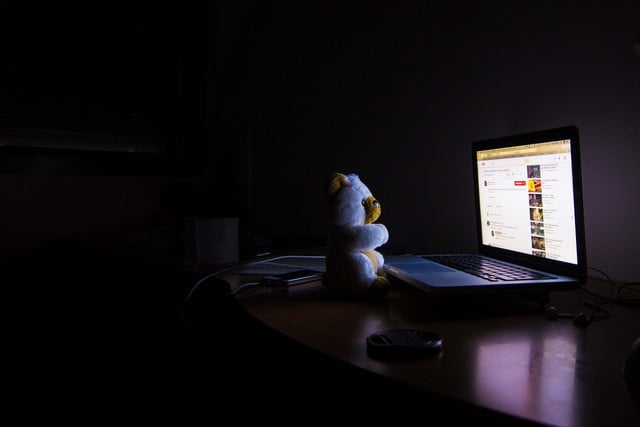


(Foto: CC0 / Pixabay / DanFa)
There seems to be a direct link between sleep disruptions and light intake before bed. We used to go to bed in darkness and although some of us still do, many do not and scroll themselves to sleep instead. Research has found that exposure to electrical light before sleep can inhibit the body’s production of the hormone melatonin — which facilitates sleep. The blue light emitted by smartphones and laptop screens seems to be among the worst offenders.
There are many was to fix your sleep schedule. You could try some natural ways to wind down for the night — like sleep sounds or herbal sleeping aids. There are even yoga poses for a better sleep you can try to help develop a better nighttime routine.
10. Damage to Relationships
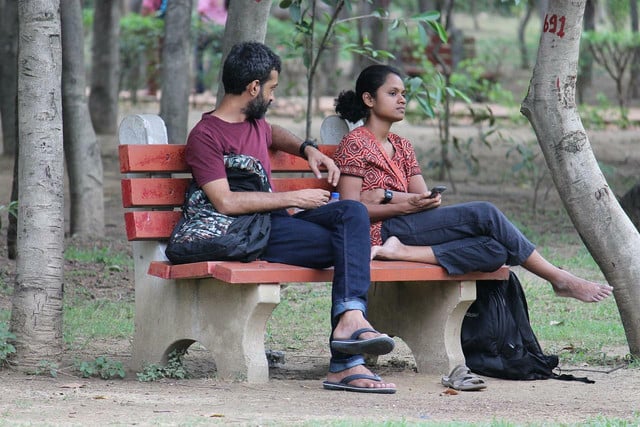


(Foto: CC0 / Pixabay / amarpreet25)
Even the mere presence of a phone can interfere with how we form and maintain relationships according to some research. 51% of Americans say their partner is distracted by their cellphone while they are trying to have a conversation with them — which can lead to problems. Mounting evidence suggests that social media use can have a negative impact on overall relationship dynamics and quality.
Researchers in Canada found that women spent much more time on Facebook then men and experienced significantly more jealousy when they or their partner were scrolling — although negative emotions were reported by both sexes. Social media can become a major threat to romantic relationships when boundaries are not clearly defined.
There are many ways to set boundaries in your relationship. Spending quality time away from social media and technology is also important in maintaining healthy relationships. You could research some ecofriendly outdoor date ideas or have a picnic date for two and enjoy the benefits of nature at the same time.
Read more:
- Dopamine Dressing: The 2022 Trend That Makes Us & The Earth Happy
- How to Avoid Burnout: 7 Tips For Healthier Work
- How Sustainable are Online Streaming Services Really?
Important Information regarding Health-related Topics.
** Links to retailers marked with ** or underlined orange are partially partner links: If you buy here, you actively support Utopia.org, because we will receive a small part of the sales proceeds. More info.Do you like this post?






